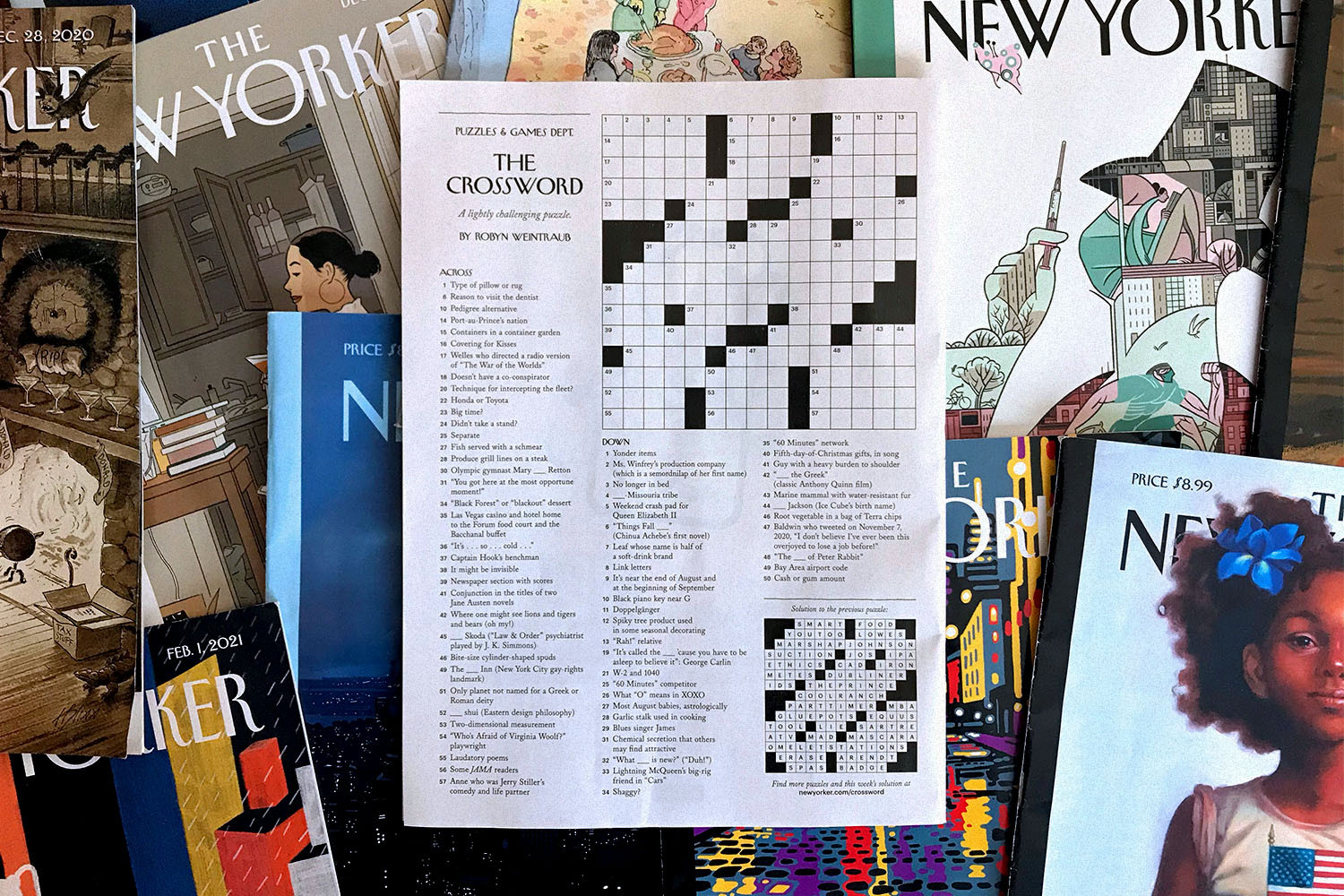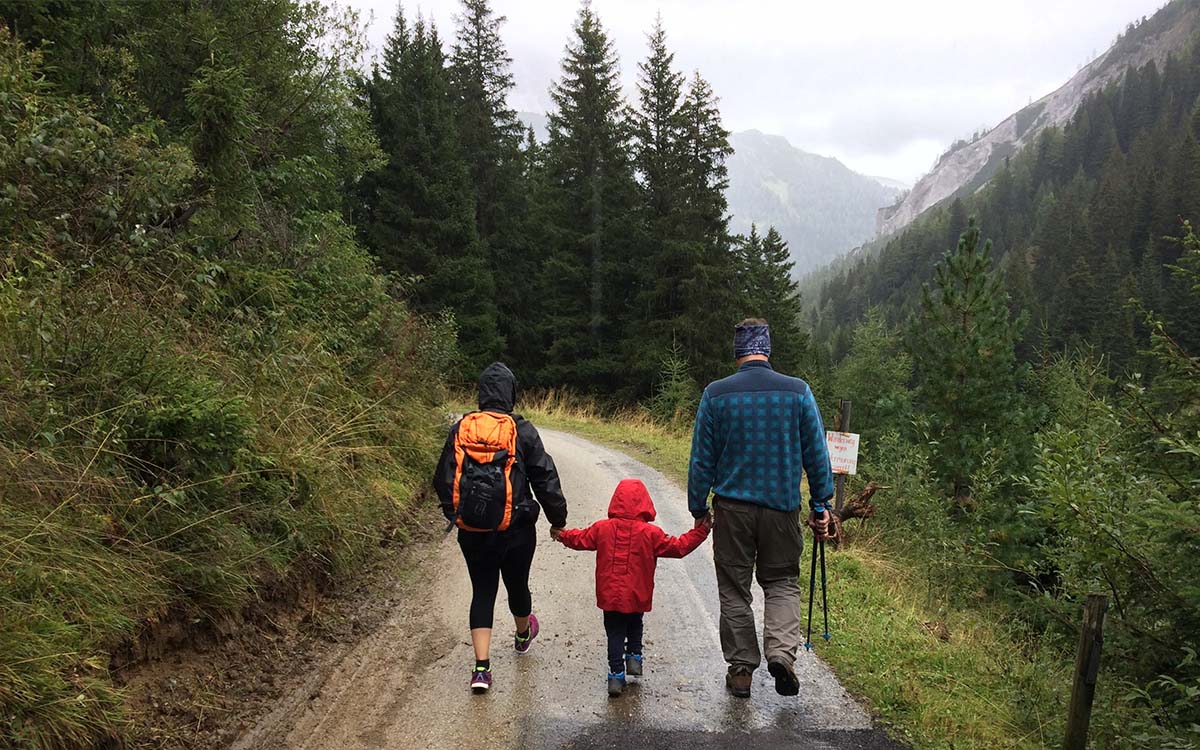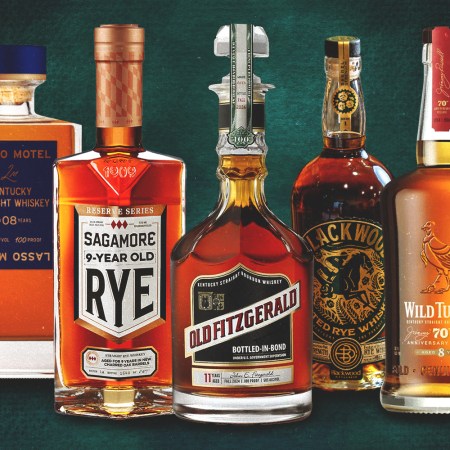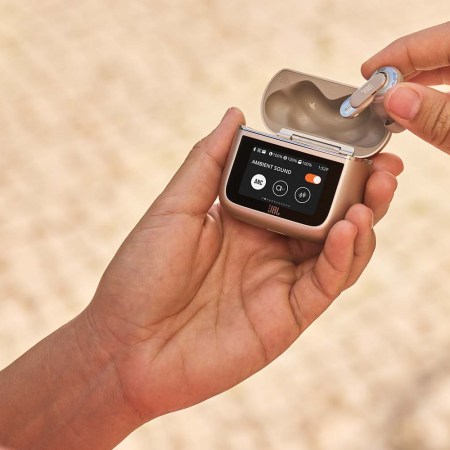In the last year, certain phrases have entered the lexicon that might have been wholly unfamiliar a year ago. In 2019, “social distancing” might have sounded strange; nowadays, we’re all experts in it. Many people can quickly explain the difference between a KF94 and an N95 mask, too. Language evolves at crucial historical moments — and we’re certainly living through one of those.
Some languages lend themselves to flexibility around a certain event even more. Near the top of that list is German, which is perfectly suited to summarizing complex concepts in a single word. A new article by Luisa Beck for The Washington Post explores how Germans have developed new words to describe life during this pandemic — and it might well make your German-English dictionary in need of an upgrade.
The number of new words and phrases is in excess of 1,200. They include such linguistic delights as Spuckschutzschirm (“spit protection umbrella”), Mindestabstandsregelung (“minimum distance regulation,” aka social distancing) and Mundschutzmode (“mouth protection fashion”).
Linguists quoted in the article cite this as a kind of linguistic explosion, and one that’s virtually unprecedented in German history. And the reasons behind these new words can be seen as therapeutic.
“By being able to talk about the crisis, I think, we reduce fears,” said Christine Möhrs of the Leibniz Institute for the German Language. For some people, that’s weekly Zoom calls or group chats. For others, it’s literally expanding the boundaries of their language. There’s probably a word in German for that, too.
Thanks for reading InsideHook. Sign up for our daily newsletter and be in the know.

















